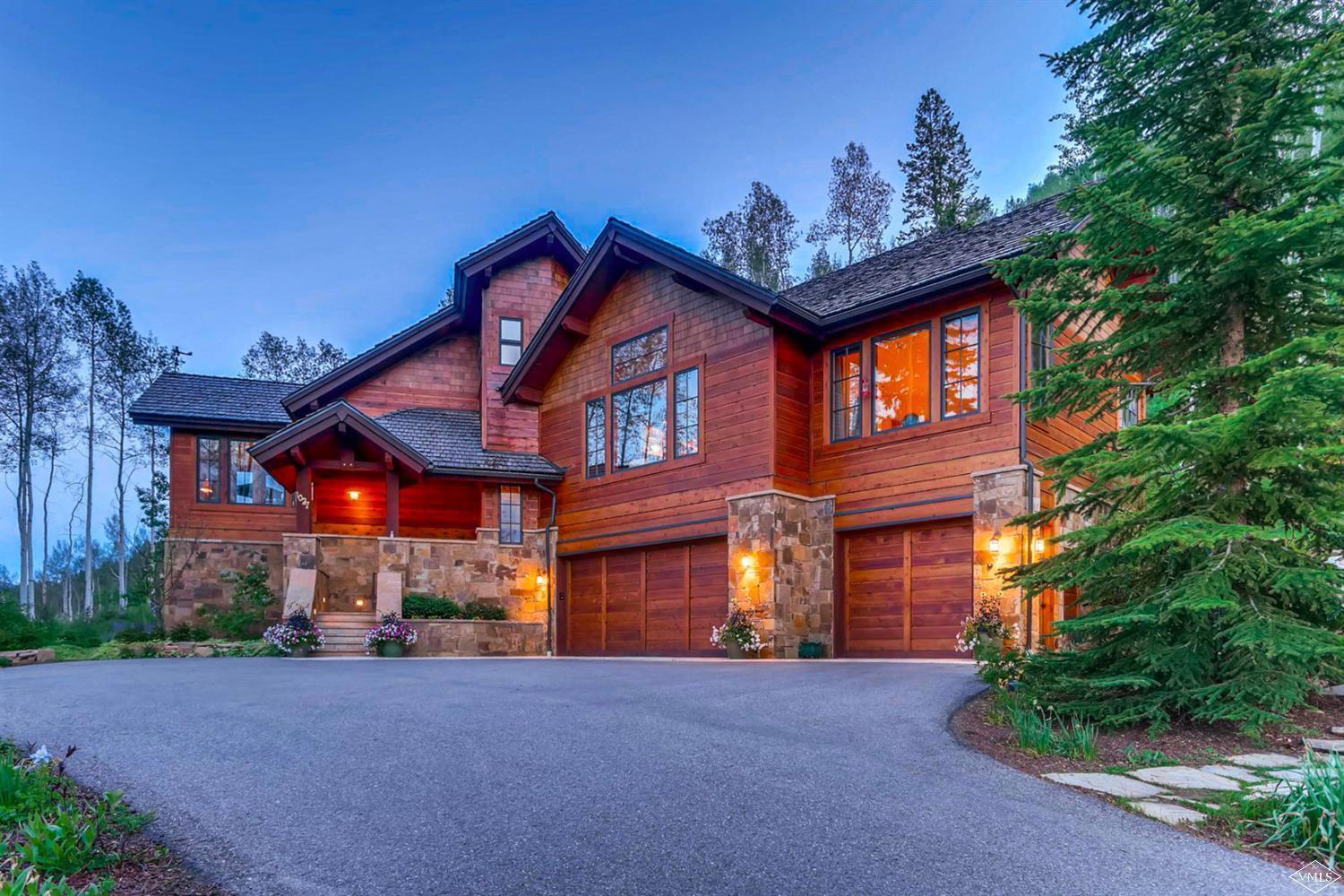
During this time we are in with COVID 19 pandemic, buying a house can be stressful. And buying a home with someone else can sometimes add to the stress as well! A lot of people don’t buy their Vail Valley home by themselves. They often buy with a spouse or sometimes a family member or friend. This is especially the case if you are looking to buy a second home to use as a vacation spot. There are two ways that more than one person can own a Vail Valley home; these are joint tenancy or tenancy in common. Here’s some basic information on joint tenancy vs tenancy in common and buying your Vail Valley home.
Joint Tenancy vs Tenancy in Common
What does owning a house in joint tenancy mean? It’s a property owned by two or more owners. Each tenant owns an undivided share in the same interest. If a property is not owned in joint tenancy, it is owned as tenants in common. With tenancy in common, each owner owns a particular percentage. In order to own property in joint tenancy, the deed or title must have the words “as joint tenants” or “in joint tenancy”. Otherwise, it will be assumed that the co-owners own the property as tenants in common.
You should consult with your attorney to determine what is the best option for you and your spouse, friend, or buying a partner to take the title in a property. This is due to there being many variables to consider.

Advantages and Disadvantages of Joint Tenancy
Let’s take a closer look at joint tenancy and what that means for your purchase. Joint tenancy is a way of owning real or personal property by two or more individuals. In a joint tenancy situation, when one of the joint tenants dies, his or her interest automatically passes to the surviving joint tenant. This allows the surviving joint tenant to avoid probate.
The advantages of owning your Vail Valley home in joint tenancy are that it allows the surviving tenant to avoid filing a probate action with the court because of title transfers by operation of law. For Medicaid recipients, if the property is owned in joint tenancy, it never becomes part of the recipient’s probate estate. This means it is not subject to estate recovery claims by the Colorado Department of Health Care Policy and Financing.
Disadvantages of a home owned in joint tenancy are that the property is subject to the liabilities and creditors of all of the joint tenants. One example, if one of the joint tenants is held liable in a civil lawsuit, the plaintiff or creditor may force the sale of the entire property. Also, if a bank account is owned in joint tenancy, any of the joint tenants have the right to make a withdrawal at any time. Joint tenancy is not subject to the terms in the tenant’s wills. Property owned in joint tenancy may be subject to the claims of a surviving spouse and children when a decedent’s probate estate assets are insufficient to pay such claims.
Tenancy In Common Vs Joint Tenancy
Tenancy in common is a form of concurrent ownership of real property in which two or more persons possess the property simultaneously. It can be created by deed, will, or operation of law. Tenancy in common is a specific type of simultaneous ownership of real property by two or more parties. All tenants in common hold an individual, undivided ownership interest in the property. This means that each party has the right to alienate or transfer ownership of, their ownership interest. Another difference between tenants in common and joint tenants if tenants in common may hold unequal interest. A joint tenant owns equal shares of the property which is not true for tenancy in common. Tenants in common may acquire their interest from different instruments. Whereas joint tenant and tenants by the entirety must obtain their interests at the same time and in the same document.
How can I help you?

I hope this article is helpful and you see that I am a knowable agent who wants to help you make the best decision when it comes to buying in joint tenancy vs tenancy in common.
I want to provide my clients with interesting and up-to-date information so they can make informed decisions. If you think that my expertise and positive attitude might be of service to you don’t hesitate to reach out and contact me.
Would you like more information on the Vail Valley/Cordillera area or the real estate market specifically? To receive my detailed monthly market report immediately, click here!
Robert Schilling
Coldwell Banker Global Luxury Specialist
Coldwell Banker Distinctive Properties
(970) 390-0705
[email protected]


